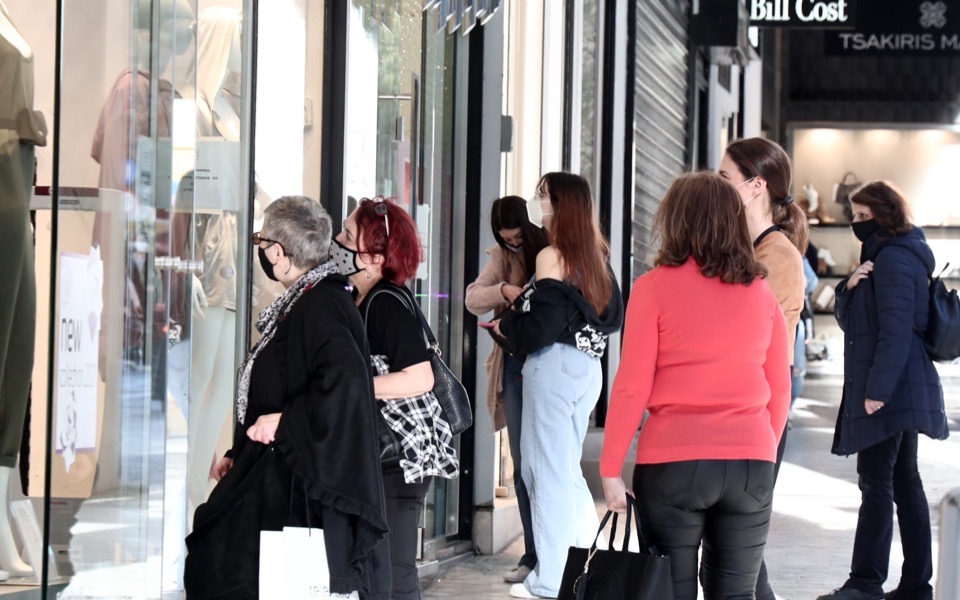Consumer confidence in steady decline

Consumer confidence slid rapidly in the last six months, while expectations are low for the next six months as well, a study of consumer trends carried out by Greece’s Association of Retail Businesses (SELPE), in collaboration with the ELTRUN laboratory of the Athens University of Economics and Business, has found.
One in two consumers said they will cut spending on products over the next six months while increasing their spending on bills, as utility payments are now the largest expense as a percentage of monthly income.
According to the study, the retail consumer sentiment index in June 2022 was set at -64, reduced in relation to the base month, October 2019, as well as in relation to the corresponding measurement in July 2021. What it recorded is low expectations, but also a burden on consumer finances due to increased energy costs, inflation and uncertainty due to the war in Ukraine.
Consumers aren’t sure it’s a good time to shop, but the general mood isn’t helping either. In fact, they rank it as the worst period for major home purchases over the last two years.
Spending expectations are also negative and directly related to increased energy costs, as 45% estimate that in the second half of 2022 spending on utility bills will increase. In contrast, 53% estimate that spending on product purchases in the second half of 2022 will be reduced, and only 17% that it will grow.
The same applies to services (tickets, food service) for which a decrease in spending is also estimated by 36% of consumers, while only 19% anticipate an increase. On taxation, views are more positive, as 59% estimate it will remain unchanged, 15% that it will show a decline and 26% an increase.
Data practically show that consumers are cutting back on purchases of products and services to pay for energy and fuel costs. According to consumers, spending on bills is by far their largest expense as a percentage of their income: It accounts for 32% compared to 25% last December. On the contrary, spending on product purchases has decreased compared to December from 31% to 26%. In relation to the rest of the spending categories, expenditure on taxes is recorded as stable. The rest, such as services and rents, do not show any substantial change.
The survey reflects the public’s shift in the last six months, mainly from the increased energy costs and the retail market hikes.





